Egyptian civilization was undoubtedly one of the richest in human history. And not only in terms of economic prosperity, but also in terms of cultural manifestations, often shrouded in legends and unsolved mysteries that multiply the interest it still arouses around the world. And the good news for travelers eager for new knowledge is that the vestiges of the Ancient Egypt are more present today than ever before, thanks to restorations, musealizations and excursions excursions excursions such as the ones we organize in our agency.
Therefore, in this section of our website we give you the keys that you should know about the Egyptian civilization. before embarking on your trip. That way, you can better appreciate the sites and monuments that you will see in person with us. The Ancient Egypt awaits you to reveal the most fascinating secrets of thousands of years ago!
Before getting into the subject, it is important to clarify what is meant by the following terms Ancient EgyptThe Nile: this is the name given to a civilization that originated more than 3,000 years before Christ along the Nile River, its oases and its Delta, and which had its epilogue in the 1st century BC. The date 31 B.C. is usually accepted as the end date, when the incipient Roman Empire annexed this territory.
But although the Egyptian civilization died out more than two millennia ago, its legacy is still very much present.Egypt today, which began to develop culturally with the Christian Copts from the 1st century and with the Muslim Arabs from the 7th century, proudly preserves the vestiges that remain here and exploits them for tourism, making them one of its main sources of income.
Why do we say that Ancient Egypt Is it already an extinct civilization? Because the cultural and social bases that sustained it no longer exist as such: neither its religion nor its language (oral and written) nor its socio-political structure survive, replaced now by Islam (and, to a lesser extent, by Coptic Christianity), Arabic and the democracy of the Republic.
The economy has also changed a lot, as is logical: Egyptian civilization was strongly linked to livestock and, above all, agriculture.a. And although it still maintains the banks of the Nile and its Delta as arable land today, in the 1960s it severed one of the few remaining links between the Nile and the Delta. Ancient Egypt and the present: the periodic flooding of the Nile.
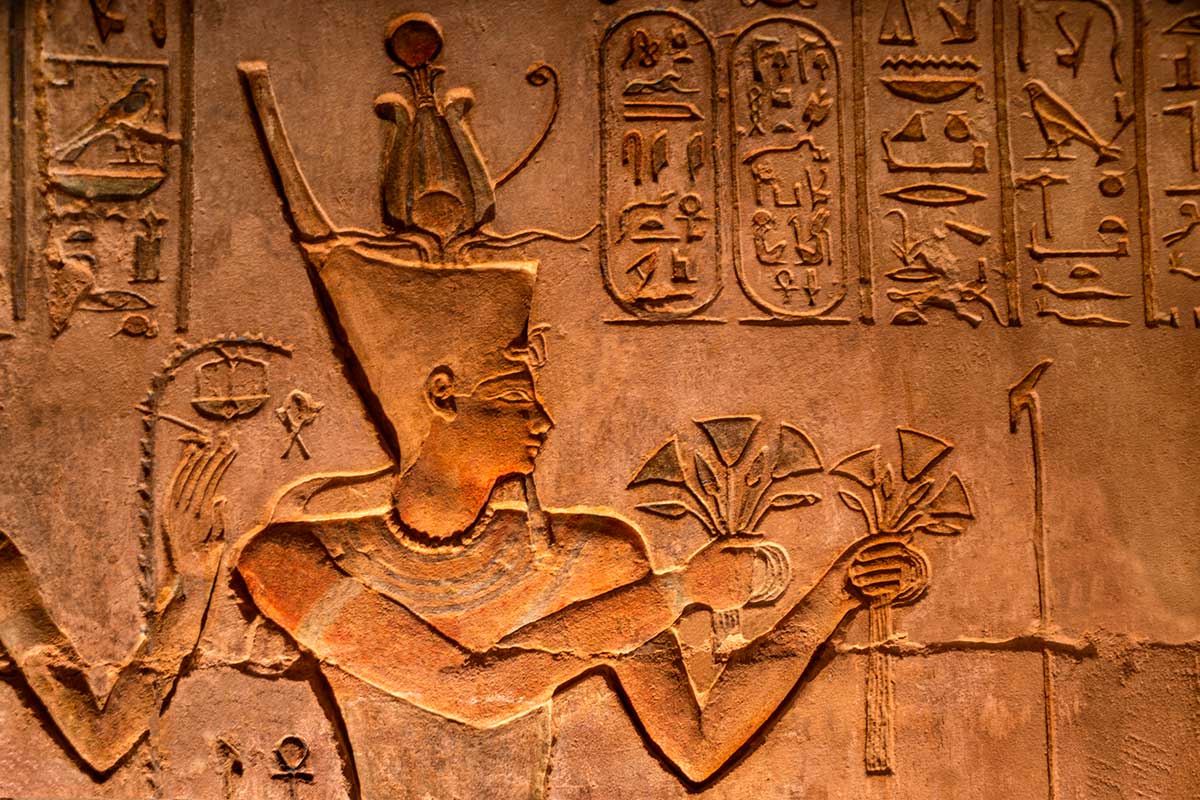
In the following list we show you which are the differentiating elements of the Egyptian civilization. In it we give you access to specific pages where we explain each issue in depth. And if you want to discover it in person, with your own eyes and with the explanation of professional experts, you only have to organize your trip with Egipto Exclusivo:
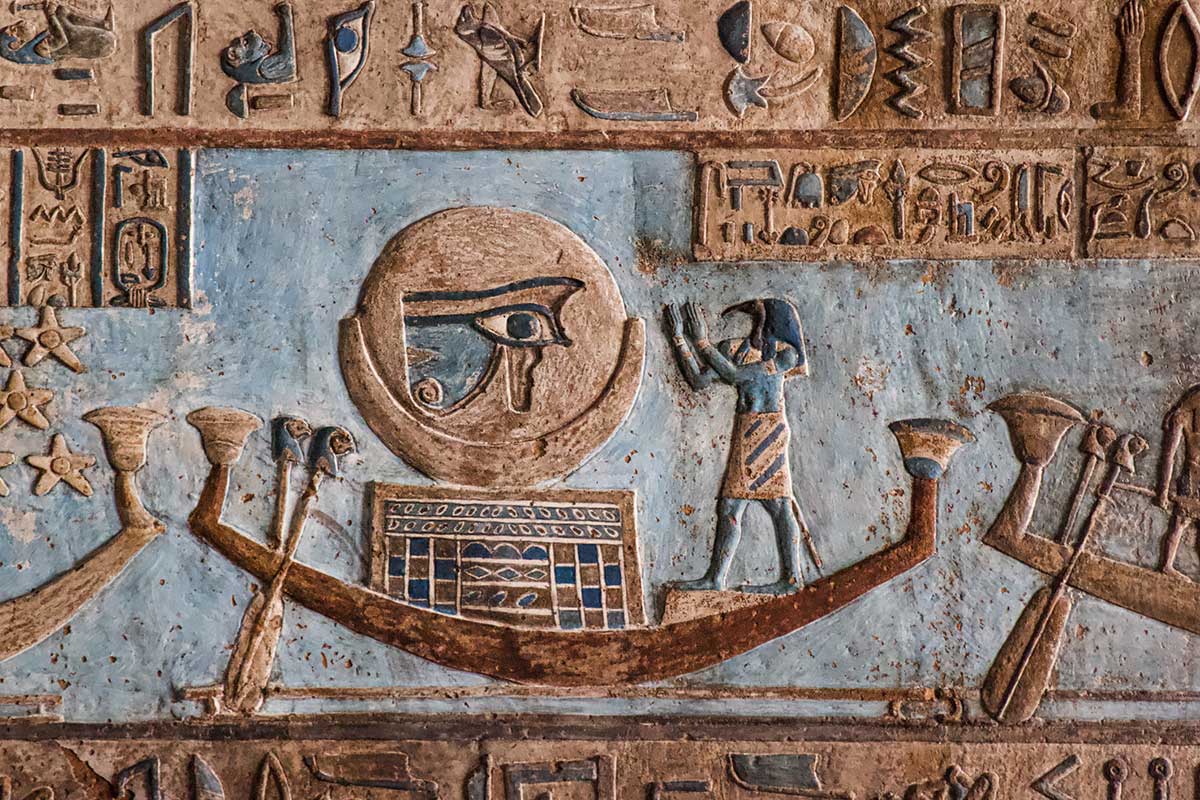
unlike the religions of today’s Egypt (Islam and Coptic Christianity), the religion of Ancient Egypt Ancient Egypt was not monotheistic but polytheistic. Its people believed in a large group of gods, whose importance and attributes changed during the different epochs. In addition, there was another powerful religious belief that influenced their daily customs: life after death.
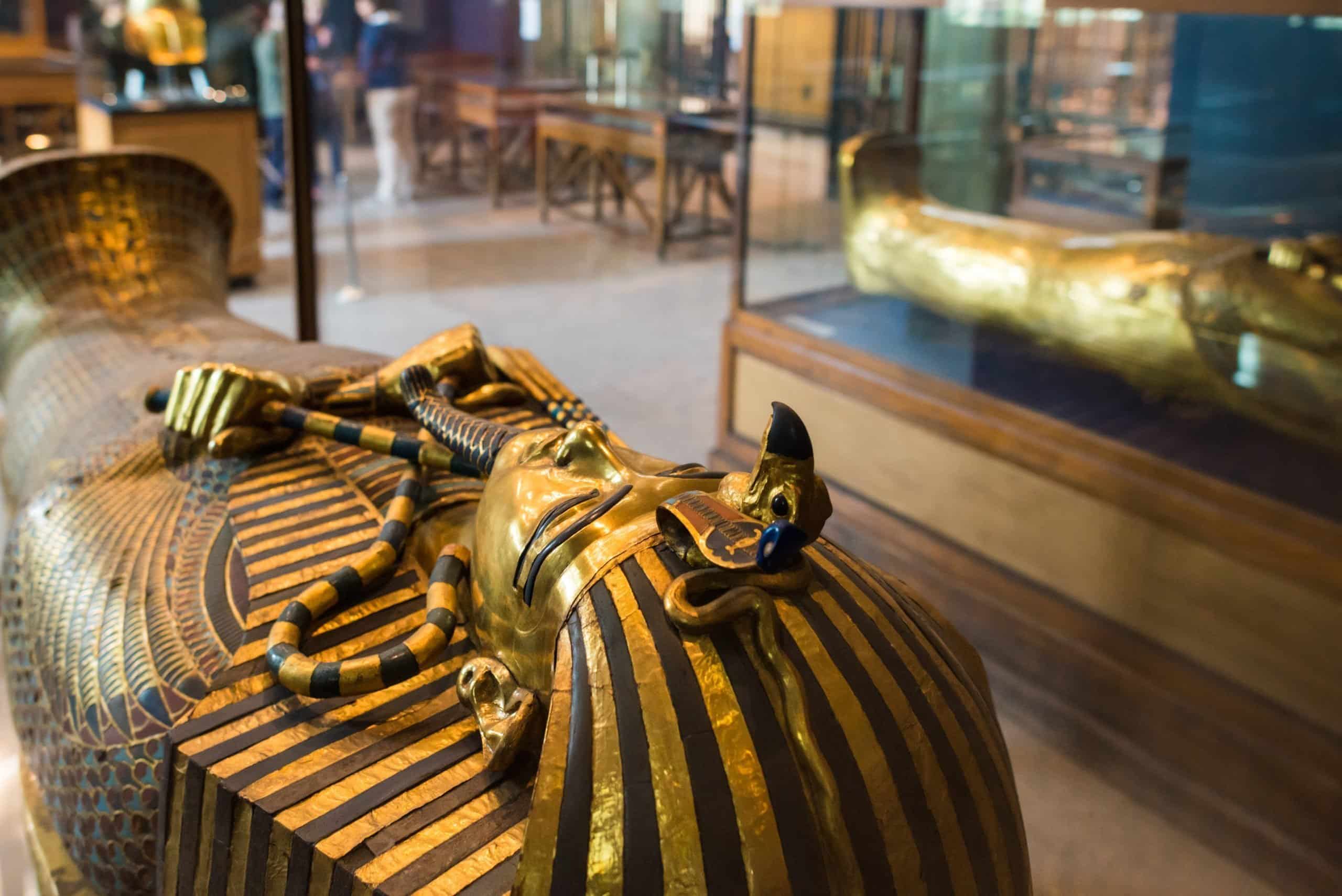
The political regime of Ancient Egypt was a monarchy in which the king had full powers. They received the name of pharaoh and at some points in history, they were practically deified by their subjects.. They are major protagonists in Egyptian art: their artistic representations and their funerary offerings are still a major attraction in the country’s museums.
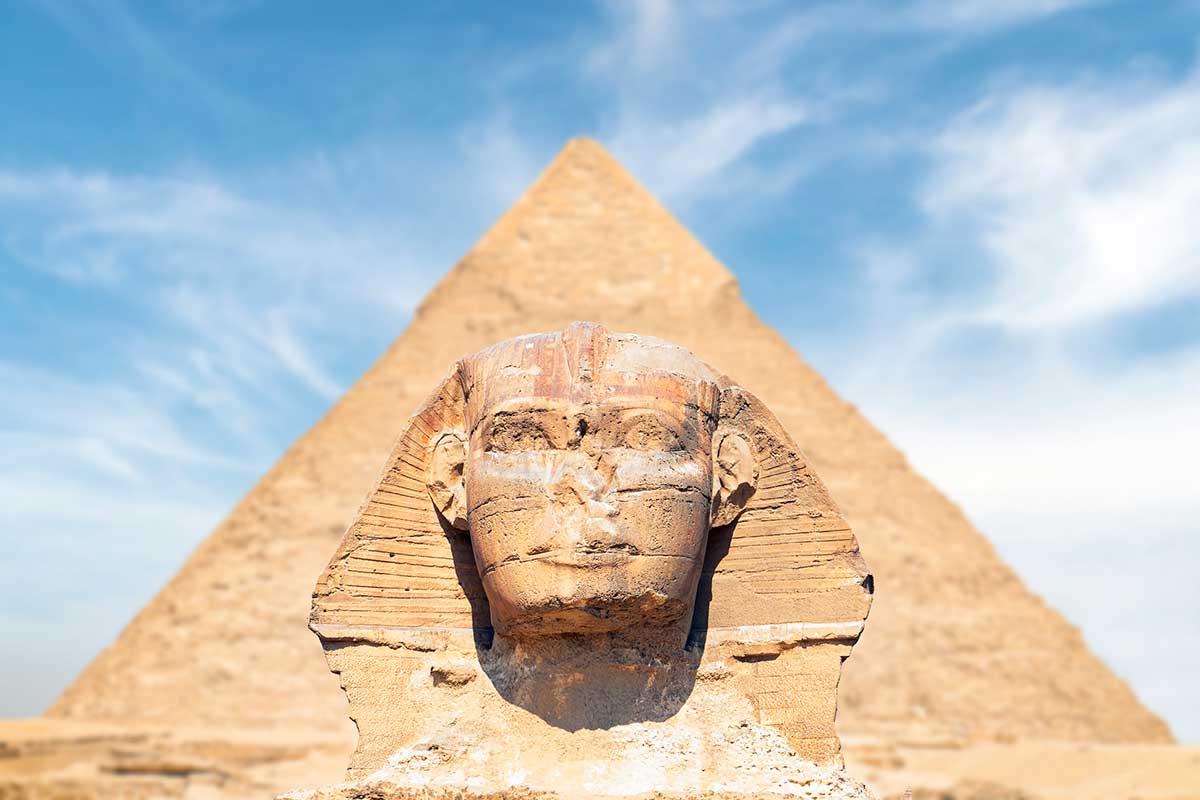
In the Ancient Egypt some of the most spectacular constructions of mankind have been erected, which are still standing to a large extent, for the enjoyment of tourists. The pyramids are a good example of this, but also religious temples, mastabas and other no less symbolic elements, such as the obelisks, are still standing today.
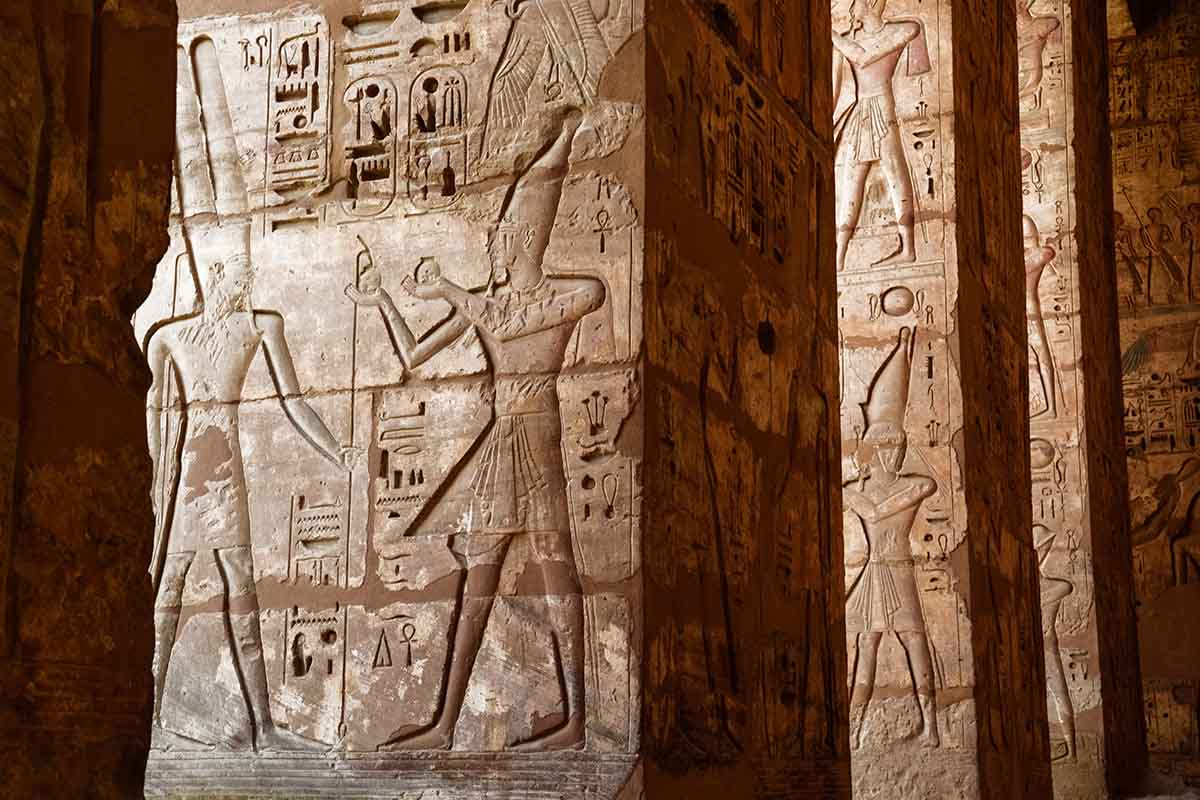
Few artistic styles are as recognizable as the one used in Ancient Egypt. Ancient Egypt. His canons to represent the human figure or his pigments full of strength are some characteristics of the paintings, while the excellent work in polished hard stones or the overwhelming hieratism are some unmistakable features of the sculpture. And all this has fascinated the greatest artists of our time.
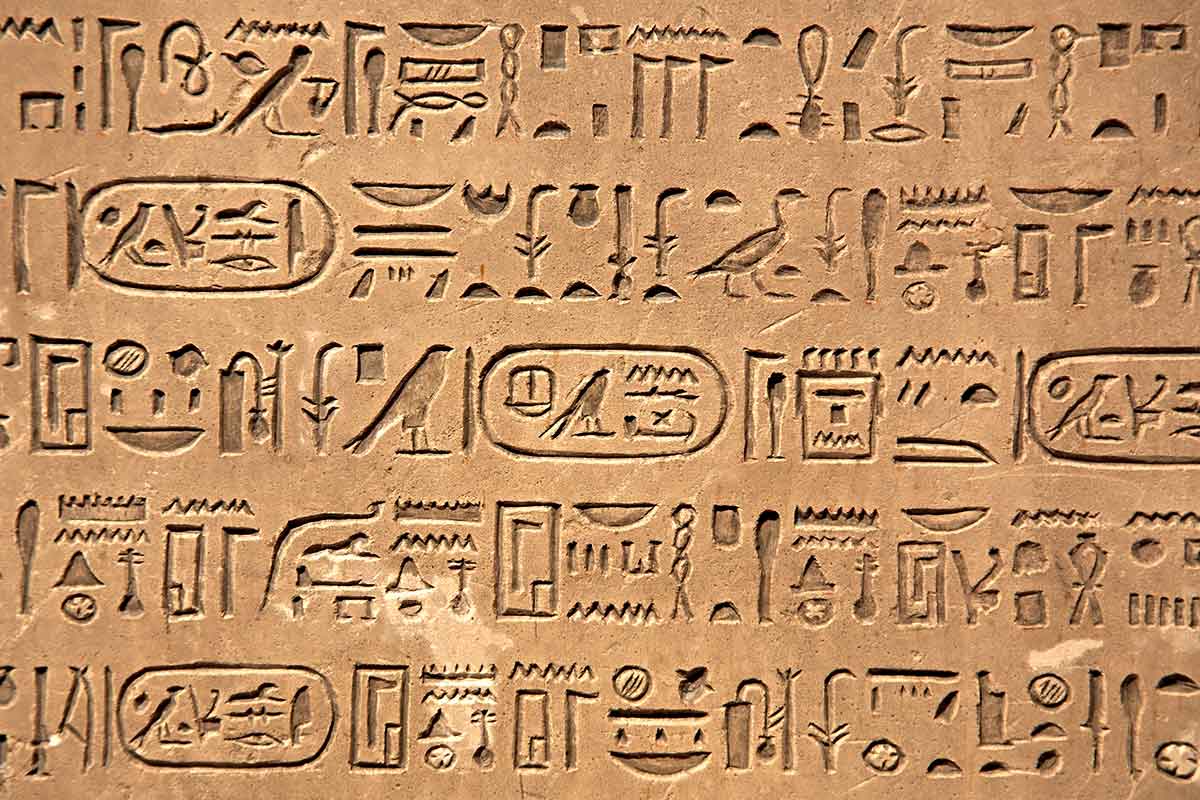
A good part of the fascination generated by the constructions of Ancient Egypt Ancient Egypt is provided by the hieroglyphs engraved on its walls, decorating them and giving them a great evocative power. Hieratic and demotic writing was also used in other periods.
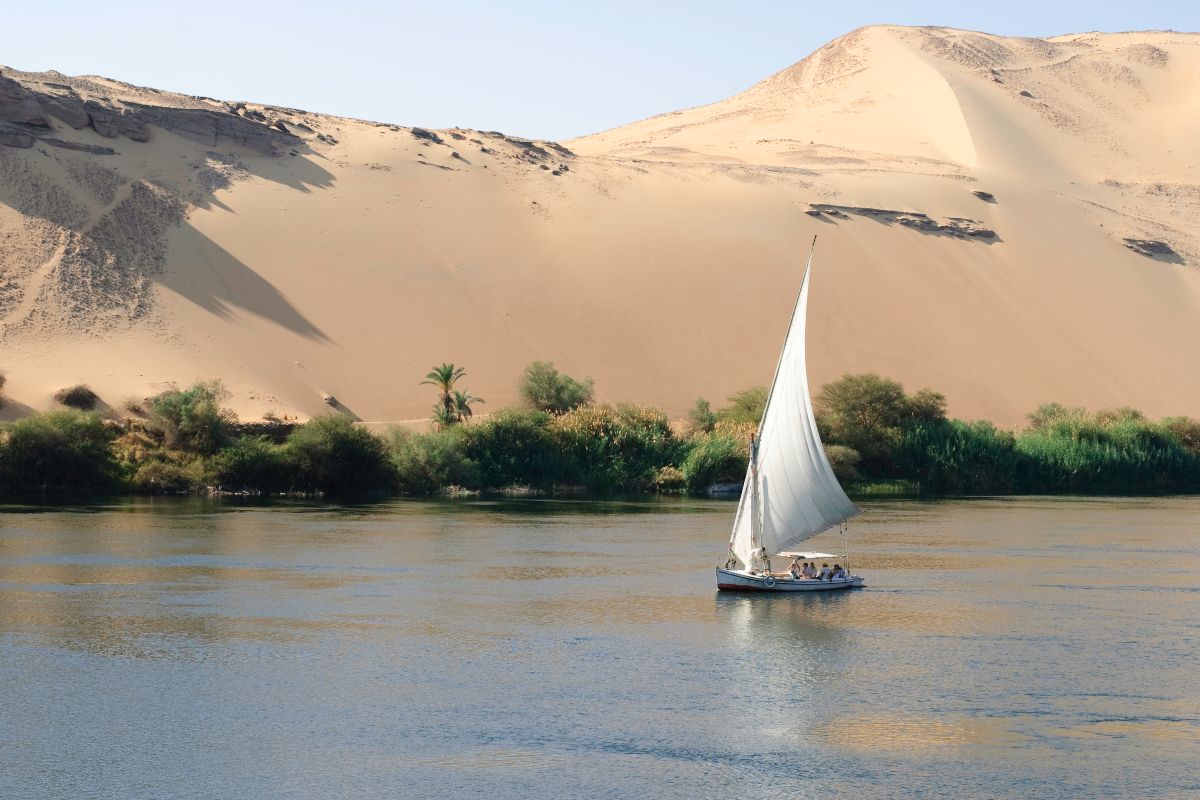
This river was the natural factor that marked the life of the Egyptian civilization. Egyptian civilization. The fertility of the banks depended on its periodic and almost regular floods to grow products as varied as flax, barley or wheat. But it was also essential for travel by falukha and dahabiya . And all experts agree that the Nile was the natural element that allowed this civilization to survive for 3,000 years, unlike others around it, which were more ephemeral and unstable due to irregular harvests.
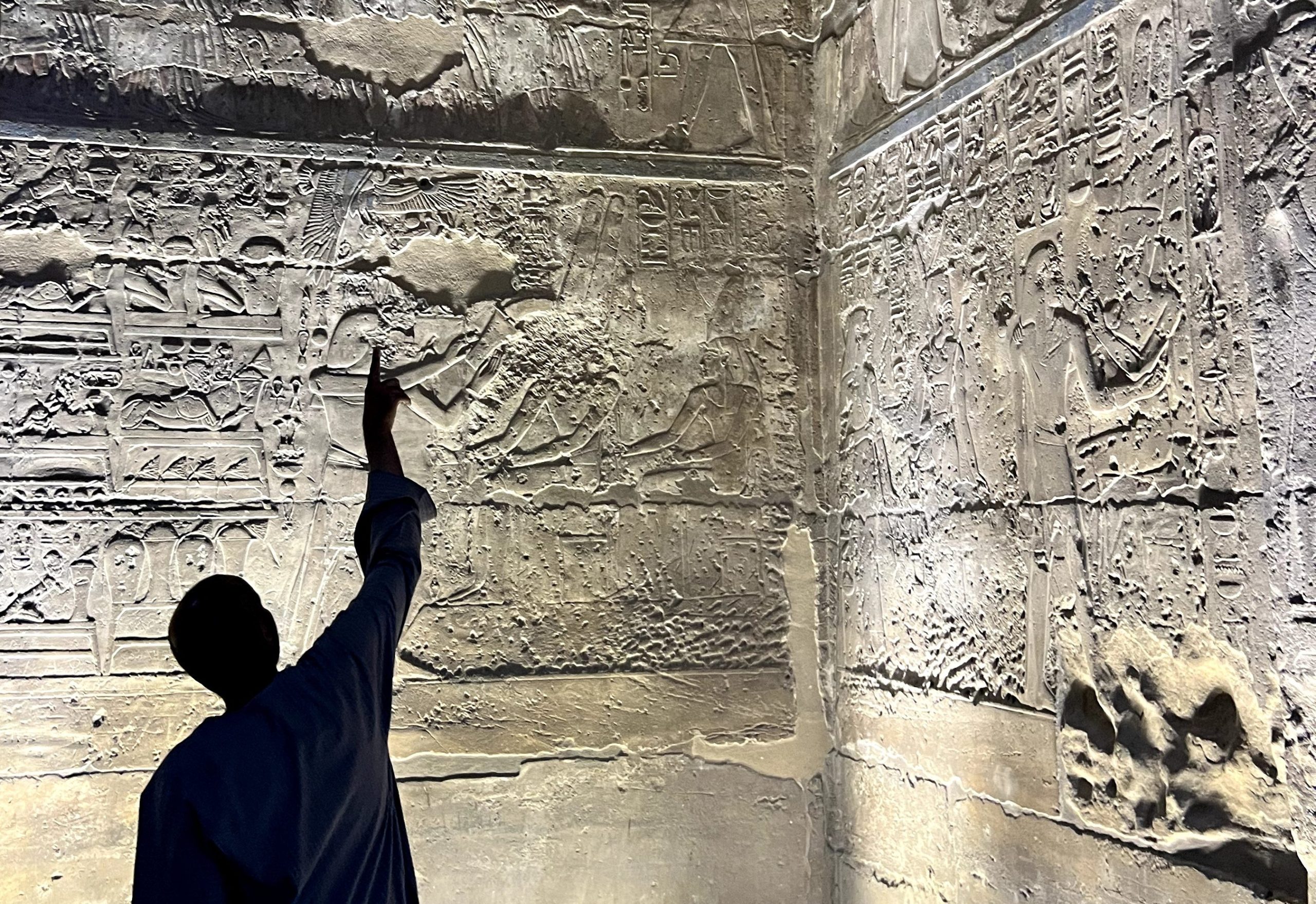
The greatest display of the fascination with Ancient Egypt. is the emergence of a specific discipline to study in depth the elements we have listed above: Egyptology. What other countries in the world can boast of provoking such interest in their past culture? Very few!
In fact, the origins of Egyptology go back many centuries, to the ancient Greek and Roman civilizations. The philosopher and traveler Herodotus was already fascinated by the country he saw in the 5th century B.C., when the Egyptian civilization was still alive and was going through what is known today as the Low Period of its history. And emperors such as Augustus or Hadrian showed their admiration for the achievements and mysteries of the Ancient Egypt. For this reason, in Rome there are almost a dozen obelisks that embellish its squares, brought directly from this country as a symbol of greatness. And there are also in other cities, such as Paris or Istanbul.
However, for many centuries afterwards, including the end of the Ancient Age, the whole of the Middle Ages and the beginning of the Modern Age, the now-extinct Egyptian civilization lost its power of attraction, largely because the geopolitical context did not lend itself to travel of this kind.
But since the end of the 18th century something began to change, thanks to travelers educated in the Enlightenment, who renewed their interest in this culture. Napoleon Bonaparte’ s war campaign between 1798 and 1801 contributed to this. In his expedition there were more than a hundred researchers and scientists who expanded their knowledge, recounted their experiences and reawakened curiosity for the ancient Egyptian civilization.
A very important boost to Egyptology was also provided, why not say it, by the archaeological pieces stolen from Egyptian soil, as is the case of the famous Rosetta Stone, which bears a decree of Ptolemy V (196 BC) written in hieroglyphic characters, demotic language and Greek. Found by the French in the city of Rashid (Rosetta) and seized by the British in the final stages of those war campaigns against the French that brought them here, it is now on display at the British Museum in London.
The 19th century, with Mehmet Ali and his successors at the helm of government, proved to be a key century, as the open-minded policy of this regime allowed countless trips by European treasure hunters.The Louvre is home to one of the richest collections of works of art and everyday objects in the world, and the Louvre is one of the most important museums in the world. Ancient Egypt. And later, with the creation of explorer societies and advances in archaeology, knowledge about the ancient Egyptian civilization.
Finally, in the 20th century, cinema became the best ally of Ancient Egypt.The following films have been (and still are) numerous, bringing to the big screen timeless characters such as Cleopatra, or exploiting the potential of mummies, sphinxes or mythological beings of that culture.
Are you going to carry out a research project on the Ancient Egypt? Do you plan to produce an audiovisual production related to the Egyptian civilization? Or do you simply have the soul of an Egyptologist and want to satisfy your enormous curiosity about the mysteries of this unique culture? For any of these and other cases, do not hesitate to contact us. We will plan a trip with the level of detail you want, adding the museums and sites you prefer and providing you with the most expert company on the subject.
Fill out the form below to receive a free, no-obligation, tailor-made quote from an agency specialized in Egypt.
Travel agency and DMC specializing in private and tailor-made trips to Egypt.
Mandala Tours, S.L, NIF: B51037471
License: C.I.AN-187782-3